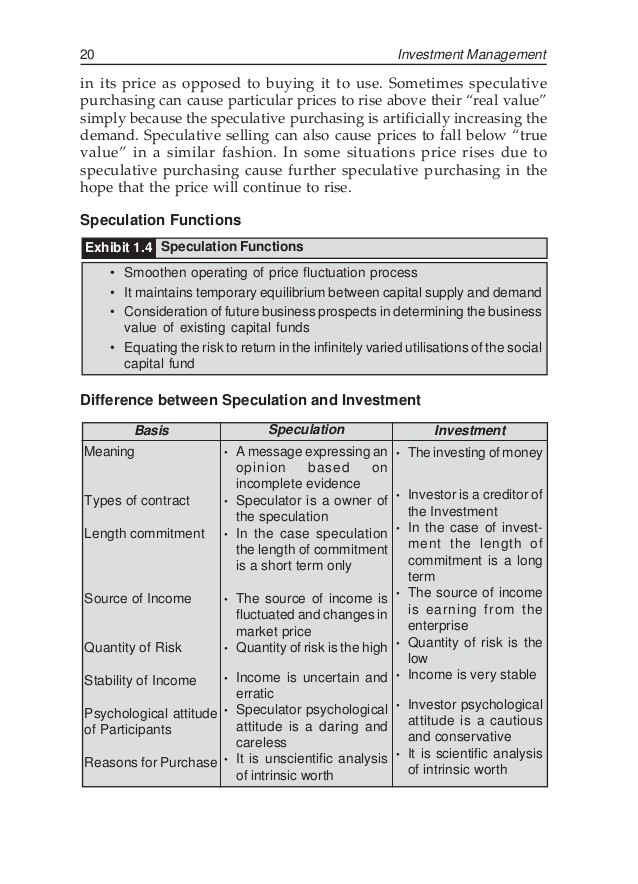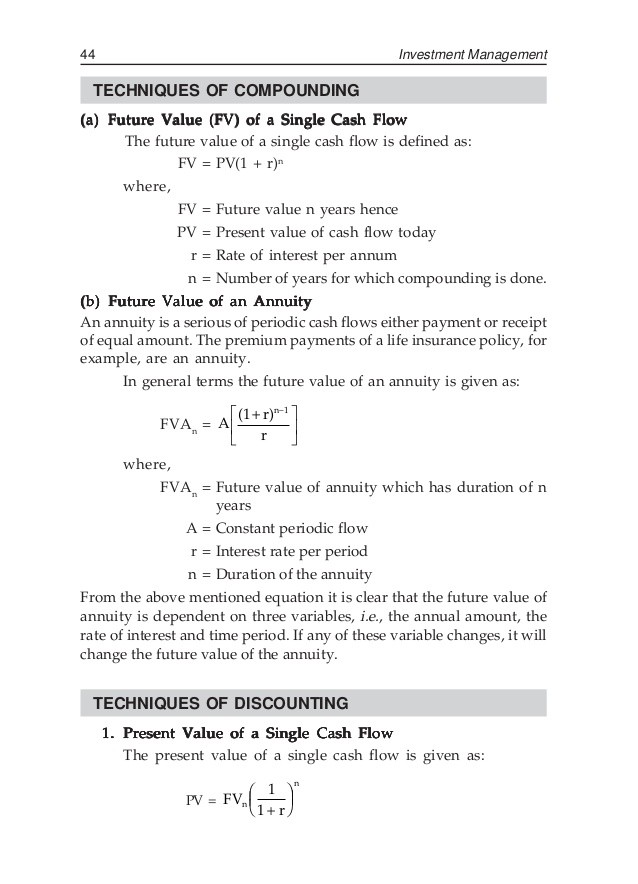Levels Of Security For Investments_2
Post on: 26 Июнь, 2015 No Comment

2012 Investment Climate Statement — Laos
Openness to, and Restrictions Upon, Foreign Investment
The Lao PDR is one of the ten fastest-growing economies in the world. Foreign investment has been increasing over the last several years and continues to flow to mining, hydropower, and agriculture. Vietnam, China, and Thailand are the largest sources of foreign investment, with each investing about $2.5 billion in Laos from 2000 to 2010.
According to the 7 th National Socio-Economic Development Plan, which covers the period from 2011 to 2015, Laos seeks to continue an annual economic growth rate in the neighborhood of 8%. To accomplish this, the government of Laos estimates that it needs approximately $15 billion of total investment in the next five years, $7 to $8 billion of which it plans to source from foreign and domestic private investment. The plan directs formulation of policies that would attract investments in addition to attracting Overseas Development Assistance; begin to implement public investment and investment promotion laws; and increase cooperation with friendly countries and international organizations.
Laos is likely to accede to the World Trade Organization (WTO) within the next two years and has committed to joining the ASEAN Economic Community in 2015. Both of these processes require considerable trade and regulatory reforms, which should make the investment climate more attractive to American enterprises. Additionally, WTO and AEC requirements reinforce fuller implementation of the conditions of the 2005 U.S.-Laos Bilateral Trade Agreement.
The government of Laos (GOL) has thus taken steps to embrace a more transparent economy. However, business transactions and investments are still carried out in an opaque manner. Laos, while politically very stable, remains a poorly regulated economy with limited rule of law. Corruption, patronage and a weak legal system are a drag on economic development. Contracts are not routinely honored according to American legal standards, and there are reports of expropriation of property by extra-legal methods.
Investment Policies
The GOL is open to foreign investment as a matter of policy and allows 100% foreign ownership of enterprises. The 2009 Law on Investment Promotion governs foreign investment in Laos. Under this law, foreign and domestic investors are supposed to be given equal treatment and incentives, although in practice this is not uniformly the case. Foreigners may invest in any sector or business except those that the government deems to be detrimental to national security, health or national traditions, or to have a negative impact on the natural environment.
Companies involved in large FDI projects, especially in mining and hydropower, often either find it advantageous or are required to give the government partial ownership, frequently with money borrowed from the investor or multilateral institutions.
The term of a foreign investment depends on the nature, size, and conditions of the business project but normally cannot exceed ninety-nine years, according to Article 28 of the Law on Investment Promotion. Under special circumstances, shorter-term foreign investments may be extended with the approval of the government but still may not exceed a total term of ninety-nine years.
The Lao Securities Exchange opened in 2011 with two stocks listed. In January 2012, the Lao Securities and Exchange Commission announced that it was increasing the percentage of shares that foreign investors can hold in publicly listed companies from 10% to 20%.
Laos Foreign Investment Approval Regime
Foreign investors seeking to establish operations in Laos are required to obtain a foreign investment license, an enterprise registration certificate, and a tax registration certificate.
Investors first submit project proposals to the One Stop Shop Unit in the Department of Investment Promotion (DIP) in the Ministry of Planning and Investment (MPI). DIP screens projects for financial and technical feasibility before forwarding them to relevant line ministries for review. Depending on the size of the investment, they are then sent to the Prime Ministers (PM) for adjudication.
Under the 2009 amended Law on Investment Promotion and Prime Ministerial Decree No. 119/PM issued in 2011, there are three investment categories: 1. General Business; 2. Concession Business; and 3. Activities for Development of Special Economic Zones and Specific Economic Zones. General Business investments include controlled businesses, defined as those businesses which affect national security, public order, national traditions and culture, and the environment. These activities are subject to increased scrutiny prior to enterprise registration. Inclusion on the list of controlled businesses is not a prohibition on investing in those areas. Concession Businesses are those in which the GOL retains some ownership rights. Concessions are commonly used for investments in land, minerals, electric power, airlines, telecommunication, and insurance and financial institutions. Special Economic Zones are intended to support development of new infrastructure and commercial facilities and include incentives for investment. Specific Economic Zones are meant to develop existing infrastructure and facilities and provide a lower level of incentives and support than Special Economic Zones.
Foreign partners in a joint venture must contribute at least thirty percent (30%) of the ventures registered capital. Capital contributed in foreign currency must be converted into kip based on the exchange rate of the Bank of the Lao Peoples Democratic Republic on the day of the capital contribution. Wholly foreign-owned companies may be either a new company or a branch of an existing foreign enterprise. Throughout the period of operation of a foreign investment enterprise, the assets of the enterprise must not be less than its registered capital.

Under the 2005 Prime Ministerial Decree No 301, projects worth $20 million or more require the approval of the Prime Minister. The Minister of Planning and Investment can approve projects below $20 million while the Vice Minister of Planning and Investment can approve enterprises of less than $10 million. FDI equal to or less than $3 million can be approved at the provincial level by all provinces, and in four of the larger provinces — Vientiane Capital, Savannakhet, Champasack, and Luang Prabang — the ceiling for approval is $5 million.
In addition to the investment license, foreign investors are required to obtain other permits, including; an annual business registration from the Ministry of Industry and Commerce; a tax registration from the Ministry of Finance; a business logo registration from the Ministry of Public Security; permits from each line ministry related to the investment (i.e. Ministry of Industry and Commerce for manufacturing; Ministry of Energy and Mines for power sector development); appropriate permits from local authorities; and an import-export license, if applicable. Obtaining the necessary permits can pose a challenge, especially in areas outside the capital.
Individual companies in the petrochemical industry are required to file an annual import plan. The government controls the retail price and profit margins of gasoline and diesel. Government documents articulating the restrictions and explaining the policy are difficult to obtain. Goods prohibited for import and export range from explosives and weapons, to literature that presents a negative view of the Lao government, to certain forestry products and wildlife.
Agriculture production and most manufacturing production are private. State-owned enterprises (SOEs) currently account for only one percent of total employment. Over 90% of manufacturers have fewer than 10 employees. Foreign companies interested in acquiring ownership in SOEs apply through the DIP. Equity in medium and large-sized SOEs can be obtained through a joint venture with the Lao government.
The GOL is supposed to respond to proposed new business investment within 1545 working days. Foreign enterprises must begin business activities within 90 days from the date of receipt of an investment license, or the license is subject to termination.
Lao law provides for sanctity of contracts, but in practice contracts are subject to political interference and patronage. A contract can be voided if it is disadvantageous to one party, or if it conflicts with state or public interests. Foreign businessmen have described contracts in Laos as being considered a framework for negotiation rather than a binding agreement. Although a commercial court system exists, in practice most judges adjudicating commercial disputes have little training in commercial law. Those considering doing business in Laos are strongly urged to contact a reputable law firm for additional advice on contracts.
International Rankings
The following table lists Laos most recent rankings in several international indexes and Millennium Challenge Corporation indicators:














